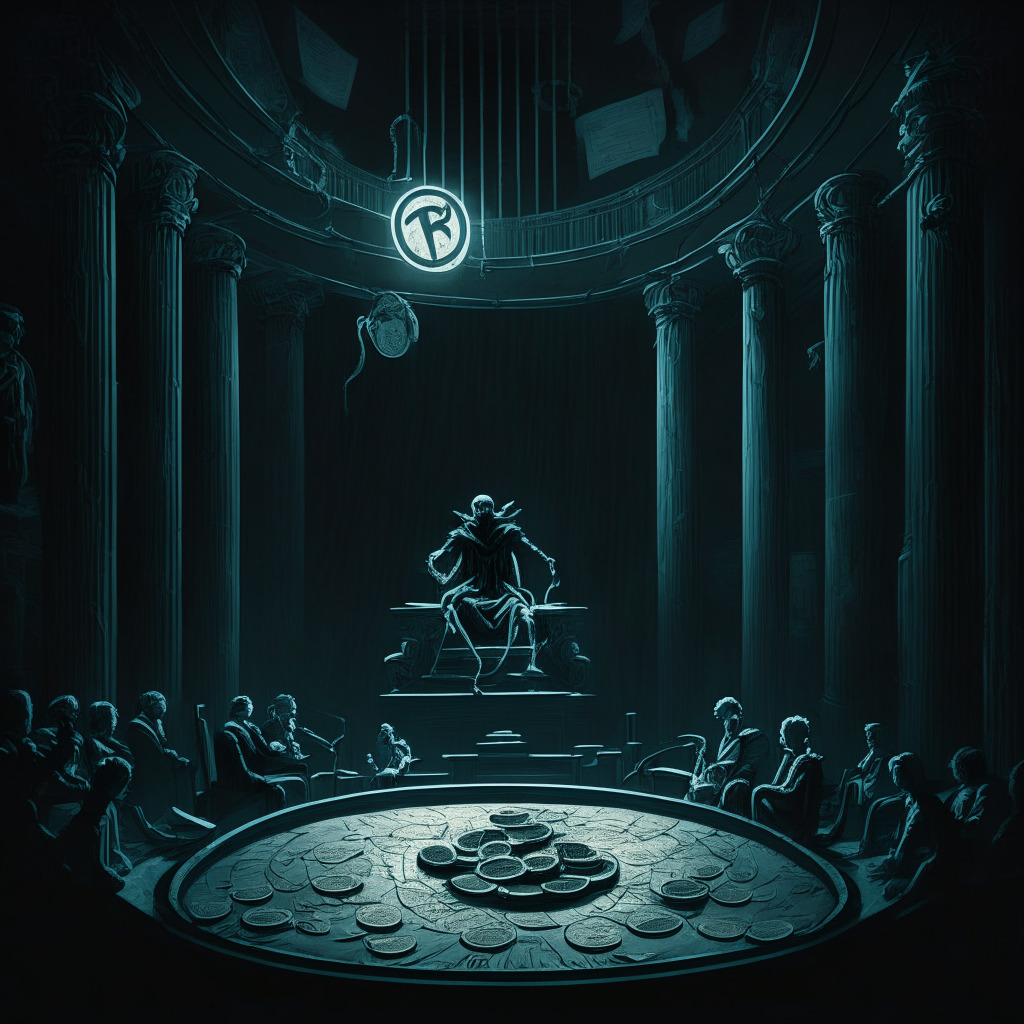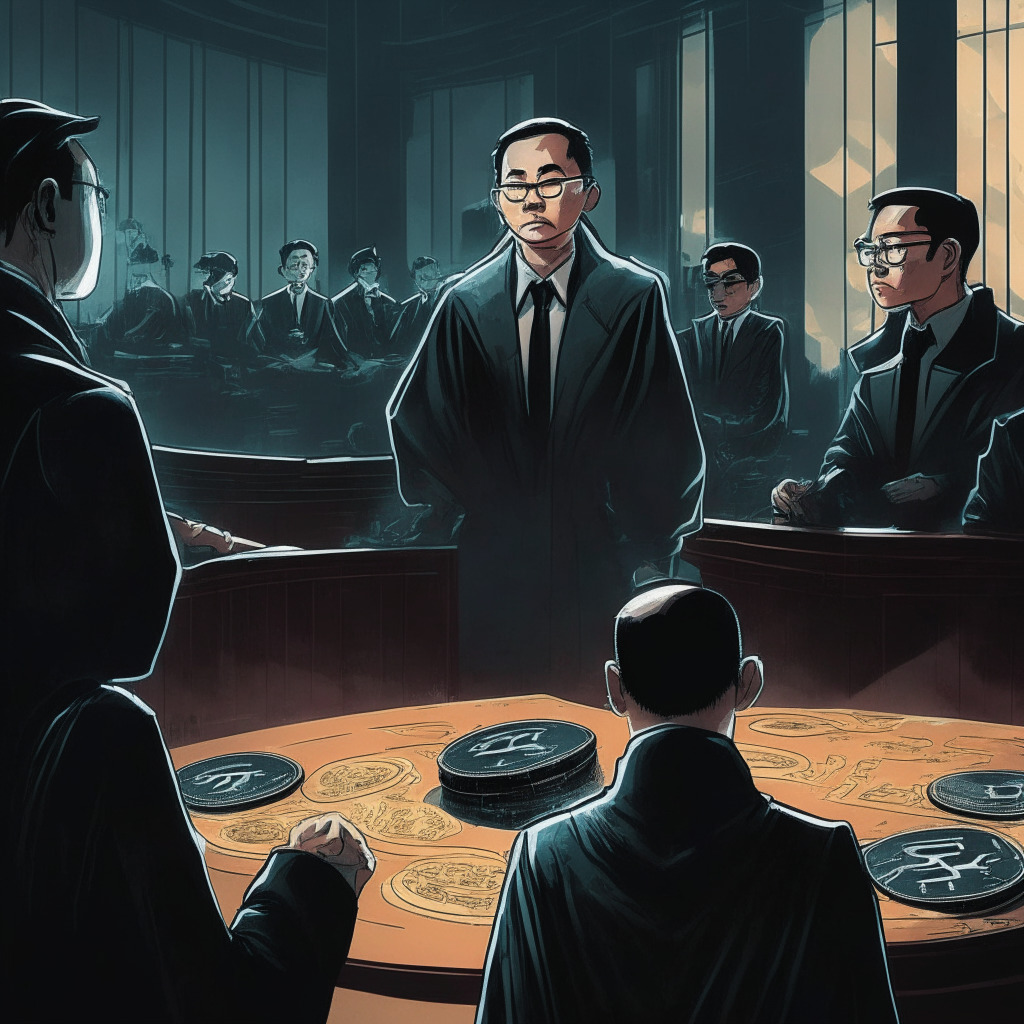As the digital currency realm progresses, the push-pull dynamic between operations in the crypto market and regulatory bodies continues to impact the industry. A significant episode of this surfaced in China recently when a local court denied a man’s legal protection for a Bitcoin loan. The man, identified as Mr. Xu, had lent 341 Bitcoins (worth approximately $9.9 million) to a peer. However, when the peer defaulted on the loan, Mr. Xu found himself facing an unsympathetic legal system. An official from the Changzhou Zhonglou People’s Court ruled that Bitcoin, as a digital commodity, does not occupy the same legal status as fiat currencies. Hence, it can’t be subject to a legal enforcement action, nor used to award compensation.
This incident underlines the persistent uncertainty regarding cryptocurrency’s status in the legal world, especially in the complex jurisdiction that China presents. This ambiguity was highlighted soon after the Bitcoin case, when the Hangzhou Internet Court ruled that digital assets such as nonfungible tokens are “online virtual property” that should be guarded under Chinese law. But China continues to uphold that all cryptos and transactions involving them are illegal, while favoring centralized blockchain efforts like the digital yuan CBDC.
Equally as unsettling is the case of Zhaojun He’s abrupt arrest. As co-founder of Multichain, a prominent cross-chain bridge in the DeFi sector, his arrest resulted in the entire shutdown of the protocol he controlled. This leads to the critical question of how a single individual’s detention could result in the entire enterprise’s collapse and disappearance of funds. It highlights the potentially large-scale impact of centralization of power in blockchain enterprises, a concern regulators may need to address.
Amid all this sits the popular cryptocurrency exchange Huobi. Fresh reports indicate senior executives being taken into custody by Chinese police, claims which Huobi hastened to brand as false information. Concurrently, rumors suggest a significant withdrawal of funds from the exchange in response to the news. The exchange’s USDT reserves have plummeted, and its overall assets have declined. Yet, the exchange’s owner offers a stark contrast by announcing substantial profits.
Such dynamic leads to thought-provoking perspectives around the future of crypto regulations. It emphasizes the importance of nurturing a well-informed community of crypto enthusiasts, who are aware of both the affirmative prospects of emerging technologies and the potential pitfalls they could encounter in the ever-evolving landscape of crypto regulations.
Source: Cointelegraph




